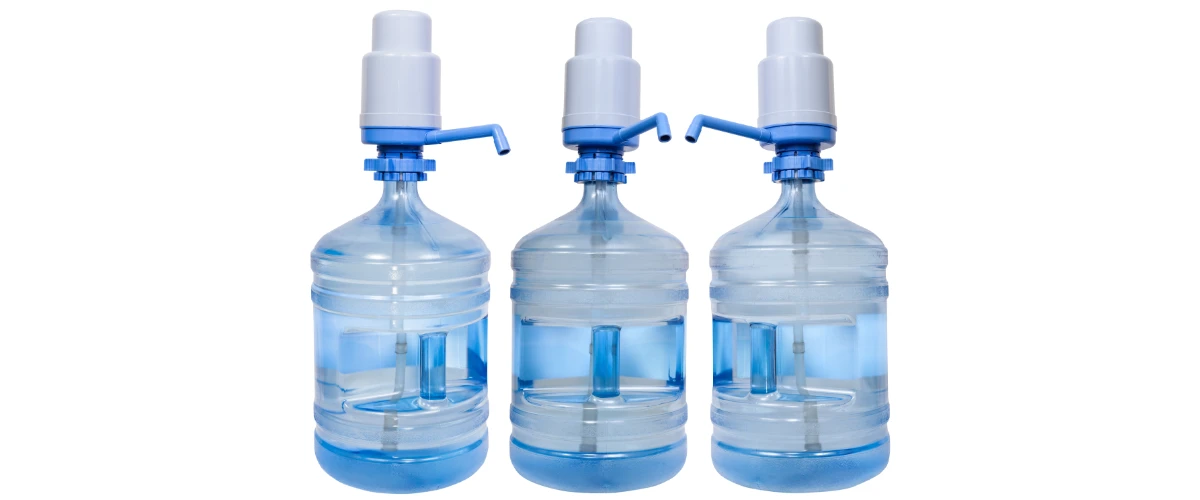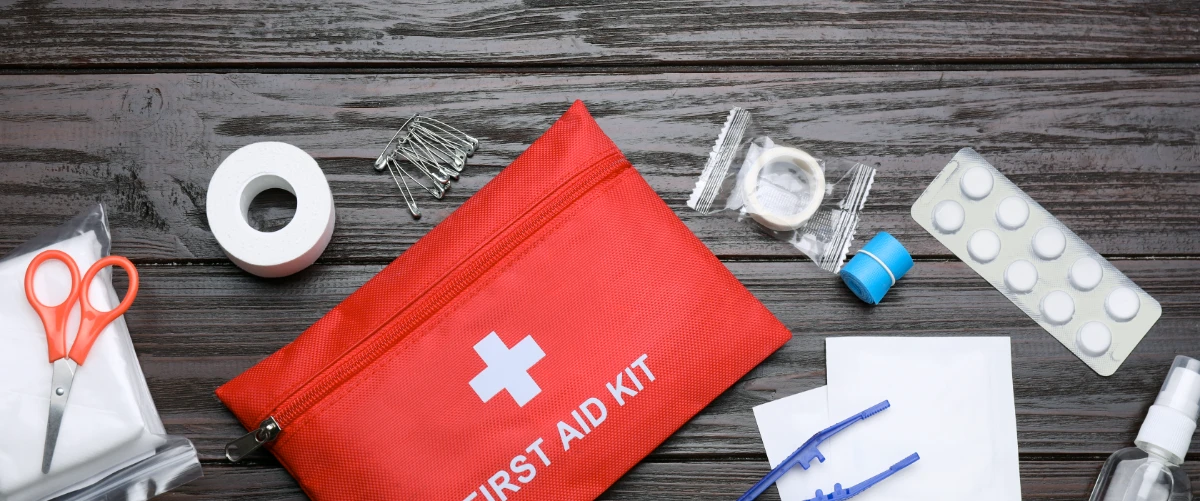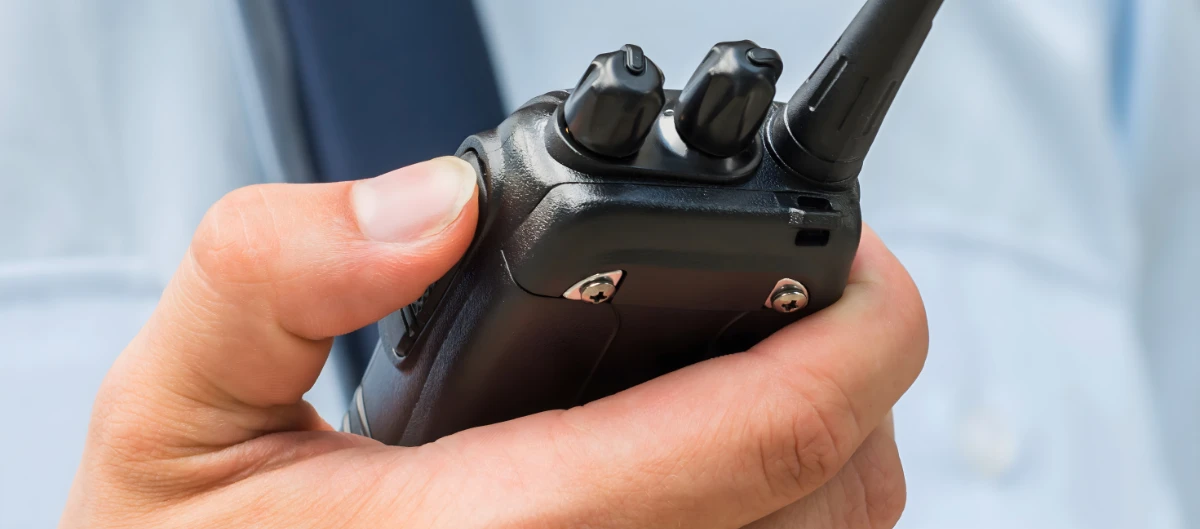Living in an apartment doesn’t mean you can’t be prepared for emergencies. In fact, with a bit of ingenuity and strategic planning, apartment dwellers can be just as ready as those with expansive basements and garages. As an expert in disaster preparation, I’ve helped many new preppers start their journey. Here, I’ll guide you through 20 essential items every apartment prepper needs, ensuring you’re ready for whatever comes your way.

1. Storage Solutions for Limited Space
Apartment living means limited space, but that doesn’t mean you can’t store what you need. Think vertically and use under-bed storage, shelves, and closets to maximize your space. Sturdy plastic bins can help keep items organized and protected from potential water damage. Remember, creativity is key when it comes to finding space in an apartment.

2. Essential Food and Water Supplies
Start with the basics: food and water. Store at least one gallon of water per person per day for a minimum of three days in sturdy, BPA-free containers. Opt for non-perishable food items like canned goods, dried fruits, and nuts. Don’t forget a manual can opener, unless you enjoy the challenge of opening cans with your teeth. Keep your stash rotated to ensure freshness.

4. First Aid and Medical Supplies
A well-stocked first aid kit is a must. Include bandages, antiseptics, pain relievers, and any prescription medications you might need. If you’re on the clumsy side, add extra supplies for cuts and bruises. Also, consider basic medical tools like a thermometer and tweezers. Having these items handy can turn a potentially serious situation into a minor inconvenience.
5. Lighting and Power Sources
When the power goes out, you’ll need alternative lighting. Flashlights and battery-operated lanterns are great options. Don’t forget extra batteries. A portable solar charger can keep your gadgets running during prolonged outages. Candles are an option too, but make sure you have matches or a lighter and use them safely to avoid starting a fire.
6. Tools and Multi-purpose Items
A good multi-tool is worth its weight in gold. It can function as a knife, screwdriver, bottle opener, and more. Add duct tape, which is the universal fix-it tool, and a sturdy pair of gloves for handling debris or making repairs. These tools can help you manage a variety of unexpected situations.
7. Sanitation and Personal Hygiene
Maintaining hygiene is crucial during emergencies. Stock up on hand sanitizers, baby wipes, and soap. Don’t forget toilet paper—running out is no joke. Trash bags and ziplock bags are also useful for waste management and storage. These items ensure you can stay clean and healthy, even when water supplies are limited.
8. Clothing and Bedding
Prepare for all seasons by having extra clothing and bedding on hand. Warm blankets, thermal underwear, and sturdy shoes are essential. If space is tight, consider vacuum-sealed bags to compress your clothing. Staying warm and dry can make a big difference in an emergency.

9. Communication Devices
Staying informed is crucial during an emergency. A battery-powered or hand-crank radio can keep you updated on news and weather. Walkie-talkies can be useful for communicating with family members if phone lines are down. Having these devices ensures you can stay connected and informed.
10. Important Documents and Cash
Keep copies of important documents in a waterproof, fireproof container. This includes identification, insurance policies, and medical records. Having cash on hand is also vital, as ATMs and card readers may not work during a power outage. Being prepared in this way can help you manage the aftermath of a disaster more smoothly.
11. Cooking and Food Preparation
An alternative way to cook is essential if the power goes out. A small camping stove with fuel can be a lifesaver. Make sure it’s safe for indoor use. Also, consider having a portable grill and charcoal. Having the means to prepare food will keep you nourished and comfortable during an extended outage.
12. Water Filtration and Purification
Clean water is a top priority. In addition to stored water, have a water filtration system or purification tablets. These can turn potentially unsafe water into drinkable water. It’s a small investment that can make a huge difference in your ability to stay hydrated and healthy.
13. Fire Safety Equipment
In an emergency, you might need to extinguish a fire or escape smoke-filled areas. Keep a fire extinguisher handy and know how to use it. Smoke detectors and carbon monoxide detectors are also essential for early warning. These tools are critical for preventing small issues from becoming catastrophic.
14. Personal Safety and Self-defense
Safety during emergencies is paramount. Consider having pepper spray or a personal alarm. A whistle can also be useful for alerting others or scaring off potential threats. Feeling secure can provide peace of mind during stressful situations.
15. Mobility and Transport
In case you need to evacuate, having a plan for mobility is important. A sturdy backpack packed with essential items can make a quick exit easier. If you have a pet, prepare a carrier and supplies for them as well. Being ready to move quickly can be crucial in certain scenarios.
16. Seasonal and Environmental Adaptations
Tailor your emergency supplies to your environment. If you live in a cold climate, ensure you have supplies to stay warm. In hotter areas, stock items to keep cool and hydrated. Adapting your preparedness to your specific environment can enhance your readiness.
17. Entertainment and Comfort
During long outages, boredom can be a real issue. Keep a stash of books, puzzles, or games to pass the time. Comfort items like your favorite snacks or a cozy blanket can also help maintain morale. Staying mentally engaged can help alleviate stress during emergencies.
18. Pet Preparedness
If you have pets, their needs must also be considered. Have enough food, water, and any medications they might need. A pet emergency kit can include everything from a leash to a favorite toy. Ensuring your pets are prepared can ease the burden during an emergency.
19. Training and Knowledge
Knowledge is power. Take the time to learn basic survival skills like first aid, CPR, and simple repairs. There are many resources online and local courses that can provide this training. Being knowledgeable can make a significant difference in how well you handle emergencies.
20. Community Connections
Building connections within your community can be invaluable. Neighbors can share resources and information. Consider forming a community preparedness group to support each other. Strong community ties can enhance collective resilience.
Continuous Improvement
Preparedness is an ongoing process. Regularly review and update your emergency supplies and plans. Stay informed about new threats and advancements in emergency preparedness. Being proactive ensures you remain ready for any new challenges that arise.
FAQs
What are the most important items for apartment preppers?
The most crucial items include food and water supplies, a first aid kit, alternative lighting sources, and a means to stay informed, such as a battery-powered radio.
How can I store all these items in a small apartment?
Utilize vertical space, under-bed storage, and closets. Sturdy plastic bins and vacuum-sealed bags can help keep items organized and save space.
Why is it important to have cash on hand during an emergency?
During power outages, ATMs and card readers may not work. Having cash ensures you can purchase necessary supplies.
How often should I update my emergency supplies?
Regularly check your supplies every six months. Replace expired food and medications, and update your plan as needed based on any changes in your household or environment.
By following these guidelines, you can transform your apartment into a well-prepared haven ready to face any emergency with confidence and ease. Preparedness isn’t just about surviving; it’s about thriving in the face of adversity.